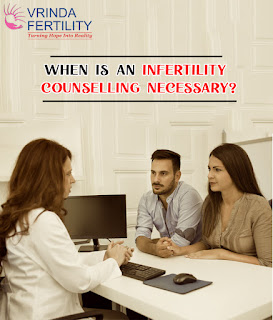Egg Freezing: Considerations for Fertility Preservation and Fertility Extension in Women
Egg freezing is the procedure of freezing
and storing the one or more woman’s egg that has not been combined with the
sperm at the woman’s reproductive age for their future use. In 1986, the first
successful pregnancy through egg freezing was reported. Each egg is different
from others. It is largest and has high water content and the membrane of the
egg does not allow water to pass. Egg freezing is also called oocyte
cryopreservation. The new technique called vitrification was proposed and has
the overall success of egg surviving the freezing process.
Who
needs egg freezing?
Women who:
·
Is under the cancer treatment
including chemotherapy or bone marrow transplantation.
·
Has the family history of early
menopause.
·
Has the risk of premature
ovarian failure or ovaries damage due to ovarian diseases.
·
Wants to preserve their
fertility for social or personal reasons or to delay in childbearing.
How
is Egg Freezing Done?
The first step is to consult the doctor,
who will gather all the information about your fertility, your health, your
future plans and will tell you about the egg freezing process in detail.
·
Ovulation induction: At the starting of
your menstrual cycle, the ovaries are stimulated using fertility medication. It
helps your ovaries to produce multiple eggs in one cycle. The assessment such
as pelvic ultrasound and blood tests will help to decide your medication doses.
This process requires two weeks to complete with the 5-6 short doctor visits.
·
Egg retrieval: Your doctor will schedule
your visit for the egg's retrieval. It is a surgical procedure in which the
doctor will retrieve several eggs from your vagina by inserting a needle into
your vaginal wall. It is a 30-minutes procedure and you will be under sedation.
·
Freezing: Using the technique called
vitrification, your eggs will be frozen. The success of this technique is
nearly 100%. This process will happen in the lab which is specially designed
for egg freezing.
After the procedure, contact your doctor if
you have a fever of more than 101°C, heavy menstrual bleeding, weight gain,
and severe pain in abdominal.
For the best egg preservation, you can
visit Vrinda fertility, the best IVF hospital in Noida.




After 10 years of marriage, my wife was unable to conceive then my friend suggested to me the Vrinda fertility centre. Before coming here, we consulted many doctors and gone through the failed IVF treatments. But here, we got the right treatment and today we are blessed with a baby girl.
ReplyDelete